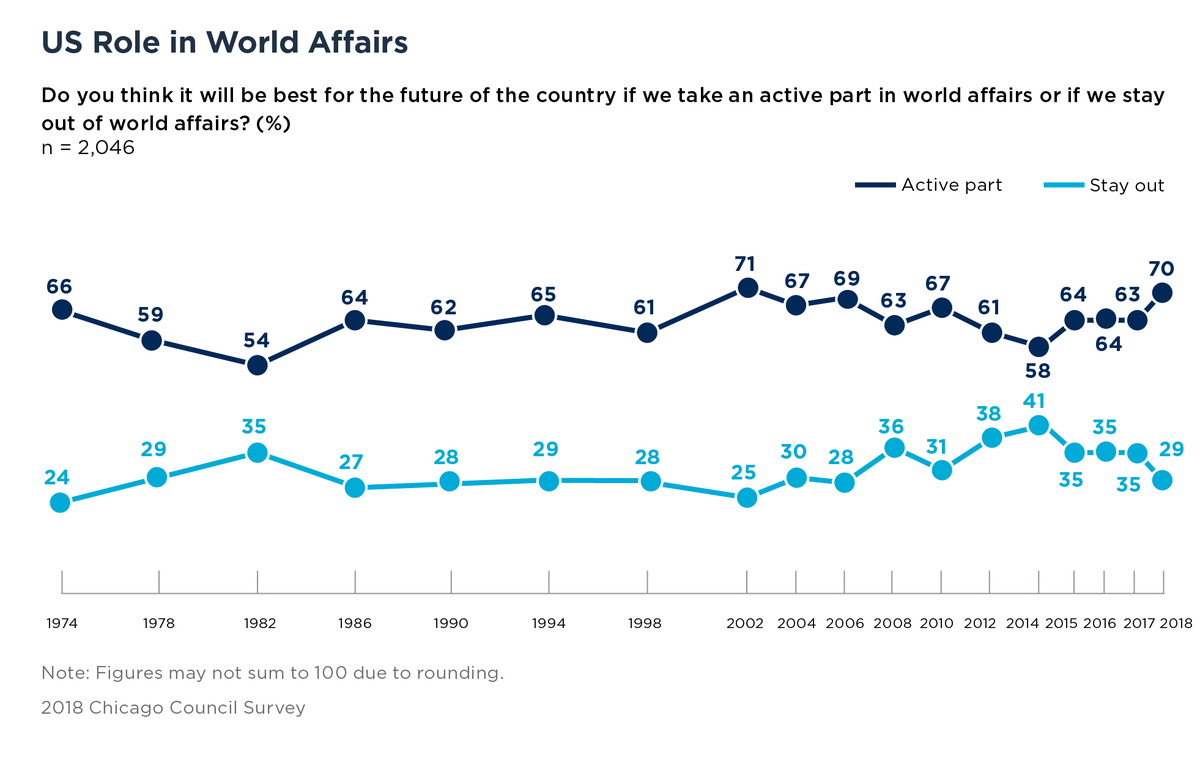
THREAD: The idea that US Allies should pay the full cost of hosting US troops on their soil, plus 50%, as reported by @Bloomberg, represents a fundamental affront to the very idea of why we have allies and alliances. bloomberg.com/news/articles/…
Insisting that US allies pay 150% of the cost of deploying US troops on their territory is preposterous. It would turn the relationship between the US and these allies from an alliance of mutual interest into the US becoming a military for hire—a pay-to-play military.
US troops aren’t for sale. They serve American national security wherever they are deployed—including when based abroad.
The US troops deployed in Europe, Asia, and the Middle East enhance American national security by deterring threats to critical US interests and conducting military operations as necessary.
We are in Europe and Asia not just to defend allies, but to prevent the return of conflict and war, which would be far more costly to US security and prosperity. Deploying troops to keep the peace is a fundamental US interest—and much cheaper than fighting wars.
Having US troops forward deployed in Europe, Asia, and the Middle East also increases our capacity to respond to dangers and disasters in case of need.
It is far easier—and much cheaper—to deploy US air, naval, and ground forces to such global hotspots when they are stationed near there than bringing them all the way from the US.
Allies have long paid part of the cost of hosting US troops. It is after all in their interest to have them there as well. The amount of such host nation support is always subject to negotiations.
The Trump Administration should drive a hard bargain on securing host nation support, as other administrations have done in the past. But this isn’t first or foremost about money or even relative burdens. It is above all about enhancing American and allied security. END
• • •
Missing some Tweet in this thread? You can try to
force a refresh






